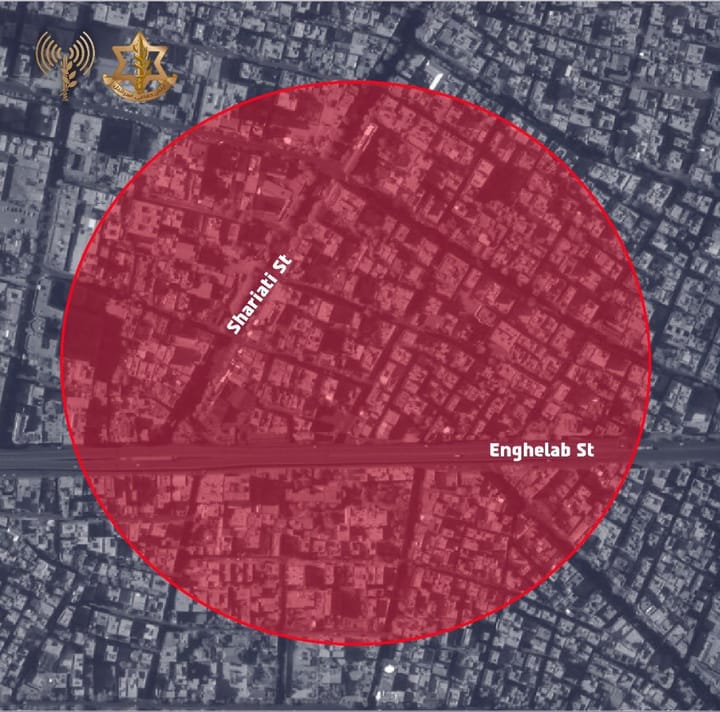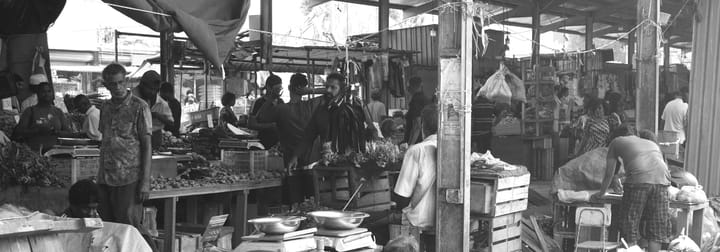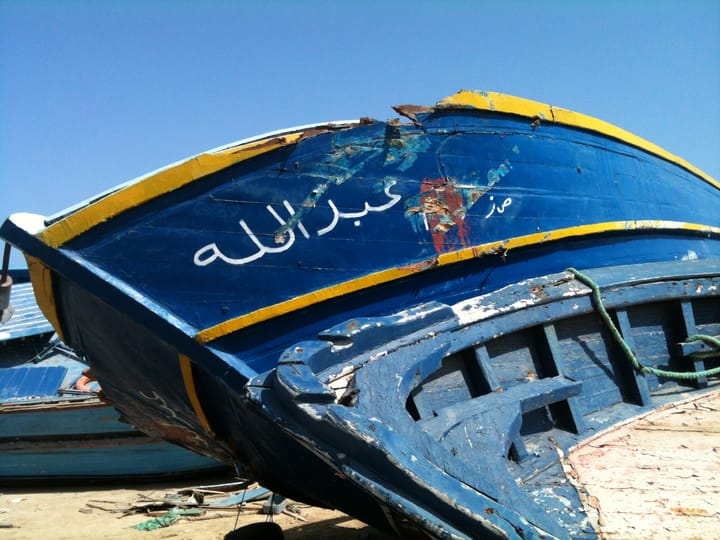Remaking the Metropole
Postcolonial scholarship has long held out the promise of helping us understand contemporary politics in both the metropole and the colony better. Fanon and Cesaire linked their concerns about colonialism’s racialization to the dehumanizing of not just the colonized but also the colonizer. Cesaire’s passionate denunciation of the Hitler that he claimed resided in each European when it came to racial segregation, mass punishment and concentration camps in the colonies was foundational to his critique of colonialism. He insisted, “[F]irst we must study how colonization works to decivilize the colonizer, to brutalize him in the true sense of the word, to degrade him”. Edward Said famously insisted on the need for public intellectual to question the ongoing effects of imperialism on America as well as those at the receiving end of its interventions and wars. Similarly, Dipesh Chakrabarty claimed that European thought was “indispensable and inadequate” not just to understand non-European contexts but also to comprehend Europe itself. In his famous article “Who’s afraid of Postcoloniality?” Gyan Prakash pointed towards the contradictions generated within Europe by the exclusions and expropriations of colonial rule elsewhere.
Despite these tantalizing assertions, how the metropole was transformed through colonialism, and particularly the agency of the colonized, has remained an important but somewhat underdeveloped aspect of postcolonial theorizing. The emphasis has remained primarily on the production of culture and discursive norms that entrenched imperial racist and gendered ideas. Edward Said’s critique of orientalism as a discursive practice disclosed the normative aspirations of Europe; the desire for a specific version of masculinity and productiveness laid bare assumptions about the European self. Ann Laura Stoler’s investigations of intimate relationships and governance practices in Dutch Malay gives us a remarkable insight into the fractures of actually existing liberal practices binding the metropole and the colony. Ann McClintock’s work provided a glimpse of the co-constitution of gender and racial norms within an imperial framework both in the metropole and in the colony. Interestingly McClintock is uncomfortable about the label postcolonialism which she suggests has been adopted at least in part because ‘Third World Studies’ or ‘Colonialism Studies’ (highlighting ongoing dynamics) would have been too uncomfortable for Euro-American academia. In any case, these are just few examples of postcolonial scholarship that can allow readers to open up contemporary politics in the metropole differently.
However, few postcolonial scholars have engaged systematically with the economic and political institutional transformations in the metropole. Much work has to be done by the reader to connect the dots in their claims. For instance, Timothy Mitchell’s disaggregation of the colonial Egyptian state into an effect at the same time as the careful parsing out of specific interests that shape it in a particular context can help us examine Euro-American states in similar manner. However, Mitchell does not do that himself. Similarly, the impact of colonial resistance on political ideas and norms of governance is less well studied. More critically, there hasn’t been an uptake of postcolonial theory in mainstream writings about the politics and history of Euro-America. When postcolonial theory moved out of area studies it was mostly into the domain of cultural studies and literature departments. Scholars in sociology and politics have started engaging with postcolonial theory seriously in the last two decade, but slowly.

Scholars who focused on questions related to race and immigration had the most opportunity to bridge this gap. For instance, Stuart Hall’s seminal work on racial identities built on insights from postcolonial scholarship although not exclusively. Similarly, Paul Gilroy built upon, critiqued and expanded notions of hybridity in postcolonial scholarship to address the challenge of racism in contemporary Britain. Perhaps the most influential rereading of Europe’s history from a postcolonial lens has been Talal Asad’s immensely effective critique of secularism. While this is an important theme through all of his work, in an essay for the volume titled “Idea of Europe” edited by Anthony Pagden, Asad engages with it quite directly and asks provocatively if Europe can represent Islam, to conclude even more controversially, that it cannot. Unless, that is, Europe itself is reimagined; its history reworked to reinsert the erased Muslim presence (much like the relatively recent inclusion of Europe’s Jewish history) its geographies reconceptualized, and its future reassessed.
An important recent book that has taken the challenge of thinking about the transformations within the metropole through the agency of the colonized more frontally is Priyamveda Gopal’s “Insurgent Empire: Anticolonial Resistance and British Dissent”. She aims to dislodge the notion that the liberalism of the British Empire led to decolonization, and that the empire was given away graciously. Detailing how constant insurgency and resistance to the empire shaped British responses as well as policies, Gopal aims also to highlight the role that the colonized played through building alliances with radicals within the metropole. These alliances are in fact at the heart of a related argument that the very presence of these critics within the metropole gives the lie to the idea that imperialism was an accepted norm, its brutality unquestioned, its exclusions unchallenged.
One conceit of European thought and political discourse is that decolonization was a the playing out of ideas already articulated by European thinkers. Freedom, self-determination, and equality in citizenship remain somehow the preserve of European thought in this framing. Gopal’s detailed research gives the lie to the claims that decolonization was an inevitable playing out of these ideas. Another version of this view is that once the colonized awakened to the force of these ideas all they had to do was to point out the inconsistencies between these and actual practices of colonial regimes. Colonial states graciously accepted the logic of these claims and in remaining true to the ideas that they espoused, allowed decolonization to happen. The actual contingency of ideas, their limitations and the role that the colonized played in propounding capacious visions from narrow foundations is disregarded in such assertions. Gopal’s book has the merit of exposing such Eurocentric conceits most forcefully where she discusses how insurgents from India to Kenya to Trinidad forced their European, here mostly English, allies to dramatically expand and rework these ideas as well as introducing new ones in cognate relationships.
For instance, Gopal shows in some detail how Black writers like Claude Mckay pushed English leftists like the Labour MP Edward Dene Morel and the suffragette leader Sylvia Pankhurst in the interwar period, to recognise the role of racism in colonialism, in their own limited visions of equality, and relatedly the importance of anti-racism in anti-colonial struggles. Morel, despite his critique of colonialism and Belgian atrocities in Congo, exhibited deep seated racism in an essay titled ‘The Black Scourge in Europe’ where he argued that France’s use of its colonial troops in Germany was exposing European women to ‘black savages’ who were sexually ‘unrestrained and unrestrainable’. In responding to Morel and in urging Pankhurst to recognise the diversity of the African experience, Mckay was, Gopal contends, “grappling with problems that retain urgency in our own times: how is it possible to come up with a shared vision of emancipation and social justice that has universal resonance and scope, but does not lose sight of vastly different historical experiences with often come into conflict with one another? How can an identity of class interests be constructed when the experience and operation of class also rely on a racial hierarchy?” (p. 289).
Versions of these questions come up every year when I teach postcolonial theory to second year undergraduate students. The vast majority of these students have not had any introduction to the details of colonialism in their school and university education up to that point. Primed as they are towards thinking of the world as comprised of different cultures that are ultimately irreconcilable, the culturalist strand of postcolonial theory seems to push them further towards understanding contemporary politics at a remove from the material connections of capitalism. For this I turn towards critical sociological and historical studies that allow students a granular view of the actual modes of exploitation, the variations in colonialisms across time and space, and the multiplicity of the modes of resistance shown by the colonized to bridge that gap between ideas and practice, lived experience of colonialism in specific contexts and their global aspirations.
In a thoughtful article that parses out the difference between historical sociology and postcolonial theory in terms of their challenge to Eurocentricity in social science, Sanjay Seth has argued that while historical sociologists and world systems theorists have made very valuable contributions what postcolonial theory has to offer is a critical assessment of the co-constitutive relationship between the conceptual categories and socio-political realities we aim to assess. Reworking the metropole, its understanding of itself and its claims to the categories of political modernity is then deeply connected to the project of postcolonial theory. There are no doubt dangers to pivoting research towards the metropole, and this should not be the burden that postcolonial scholarship has to carry alone. A range of critics of postcolonial theory have argued that postcolonial theory is already too deeply focused on European theory and history. In its attempts to parochialize Europe, it has ended up intensifying the hold of European ideas, theoretical frameworks (particularly those inspired by Foucault) and histories in scholarship in and about Asia, Africa and South America. However, precisely because of their ability to straddle multiple traditions and histories postcolonial scholars are also uniquely placed to reconstruct the metropole, to raise important questions about its self-image today, and its imagined futures. Like McKay, postcolonial scholars will have to work with sometimes troubling allies to reshape the questions asked in academic disciplines like European Studies, American Politics, and Analytical Philosophy etc. as well as mobilizational platforms such as the mainstream political parties. Many already do and the process of remaking the metropole is well underway. More scholarship to support this process now, and document its role in the past, will surely be welcome.
Humeira Iqtidar, King’s College London, is author of Secularizing Islamists? (Chicago, 2011). Her most recent publication is “Is Tolerance Liberal? Javed Ahmed Ghamidi and the Non-Muslim Minority” Political Theory.



